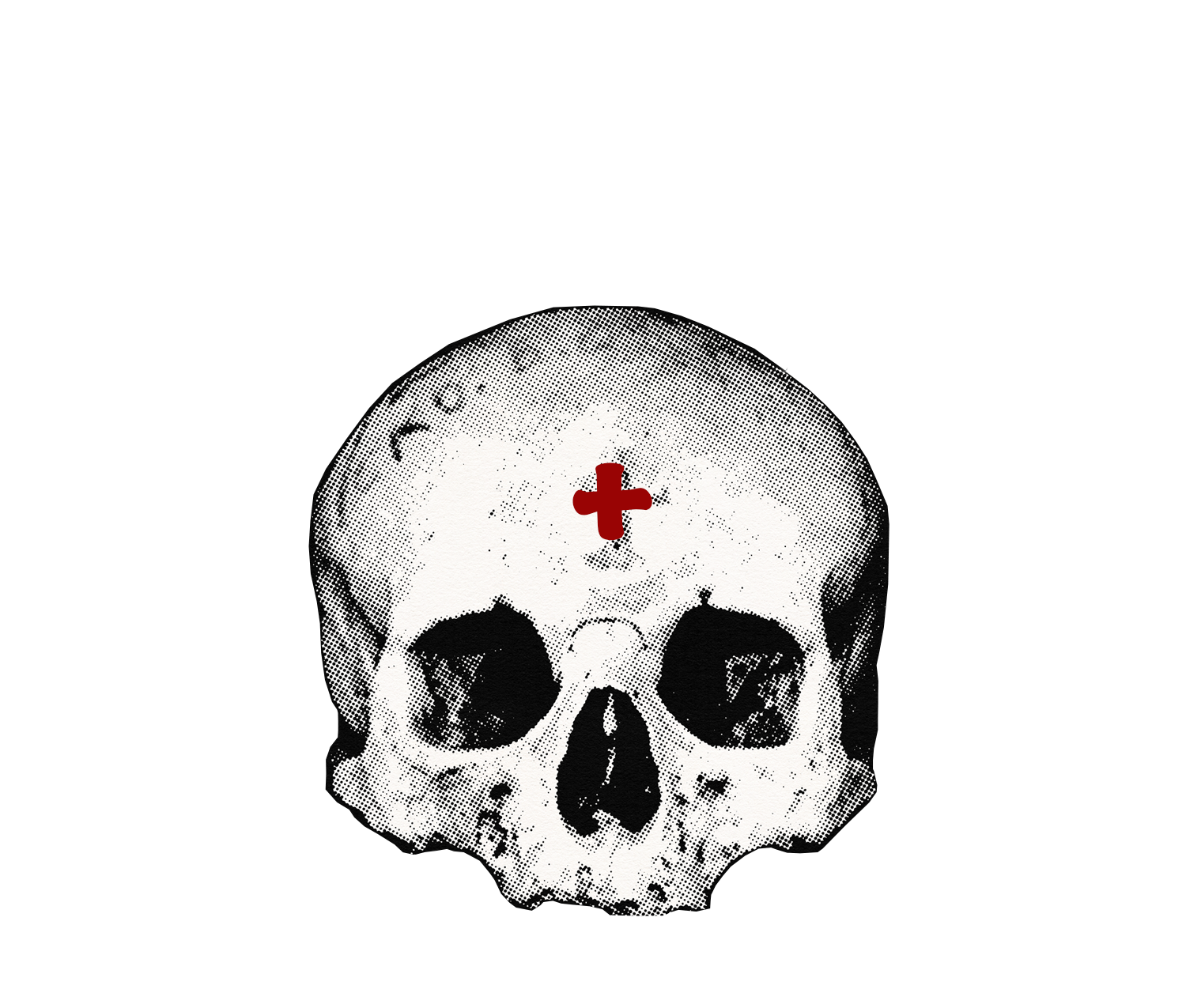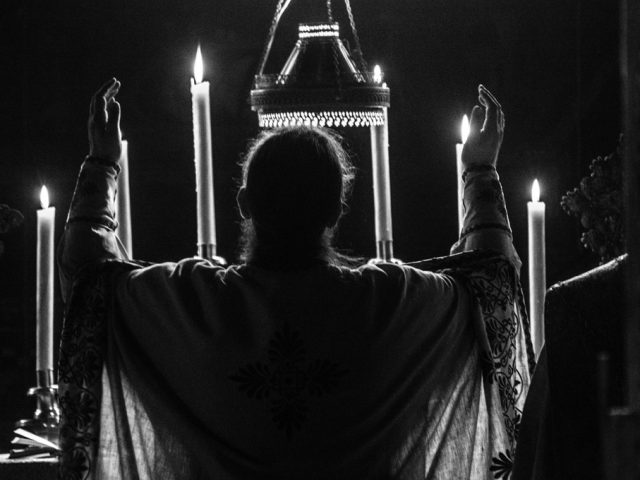…A double man, made from two natures
In an inexpressible wonder…
O paradoxical wonder
[You are] among… the creatures,
Both immaterial and material:
The material are the things that you see,
And the immaterial are angels.
Thus, among them are you
The living man, the double one:
Immaterial among the sensible [creatures]
And sensible among the immaterial ones.+St Symeon the New Theologian, Hymn 53
As he looked on the vastness of the sky, contemplated the night stars and beheld the moon, the psalmist asked, “What is man, that Thou art mindful of him?” The question of the human person is an ancient itch that continues to gnaw away at us. No matter how much it is snuffed out, the same spirit that drove the psalmist to question the minuteness of man and his existence moves among us today. Far too often the person is spoken of within the presuppositions of Western philosophy and psychology, stripping man down to a biological monad and ascribing reason, self-knowledge, and consciousness to be the defining characteristics of his person.[1] This unjust treatment of the person disregards the complex spiritual nature of man, a complexity experienced in revelation within the place of the heart.[2] The human person, too often mitigated to the likeness of an animal, is the most profound of all creation, as St Basil writes, “A man thou art, but the only one of the animals to be deified.”
We are caught in the thick fog of the world, a place saturated in materialism. The weight of earthly care sops up every ounce of spiritual energy used to drive us forward and embrace that which cannot be seen. We do not live as the New Theologian describes us, the double-one, the one single person that holds the reality of both worlds. Often we live for that which we only see, neglecting the whole of ourselves, becoming one that is double. We bask in the white-washed glow of social media, the florescent decadence of mega shopping stores, and the virtual shower of likes, loves, laughs, and cries… all the while trying to rid our nostrils of the putrid rotting corpse inside. We let the spirit die and become defined by appetite. We degrade ourselves, falling trap to the definitions of modernity which desires us to be nothing more than lab-rat in a cage.
To unearth ourselves from the caves of sub-humanity, and begin to live outside of absurdity, we must start by means of asceticism. Through asceticism the human person is restored and the double-one is recognized. It is by asceticism that we struggle to rid ourselves of all that binds us to the passions. True liberation comes through throwing off the mask of the passions and embracing the double-oneness of the human person. The knowledge of our personhood is only discovered through theology, and theology is the direct experience of God. In embracing our spiritual life and cleaving to God, we become truly human and take one small step toward sanctification.
[1] Metropolitan Hierotheos Vlachos, The Person in the Orthodox Tradition, 130
[2] Archimandrite Sophrony, His Life is Mine, 44


